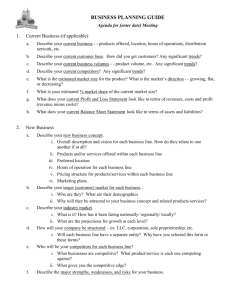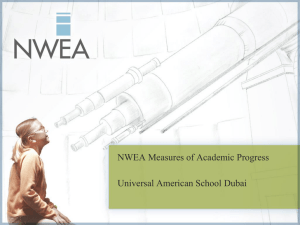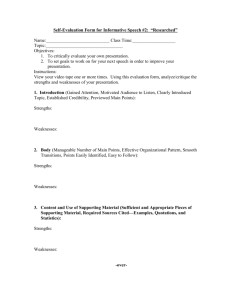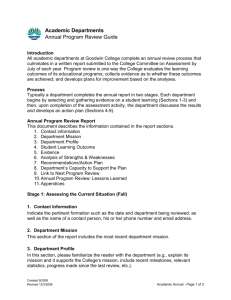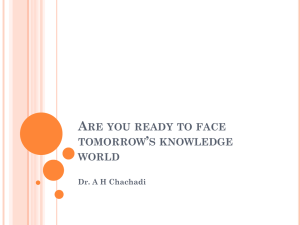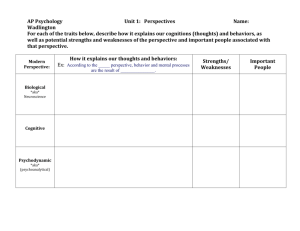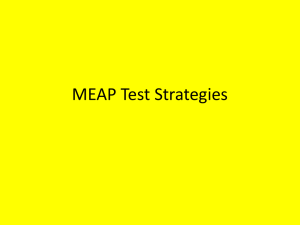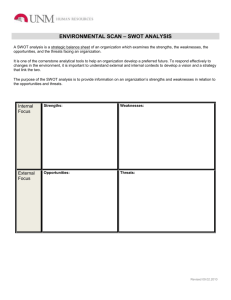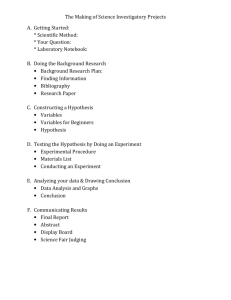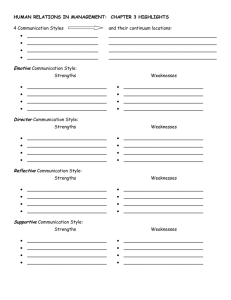Statement of Professional Goals
advertisement
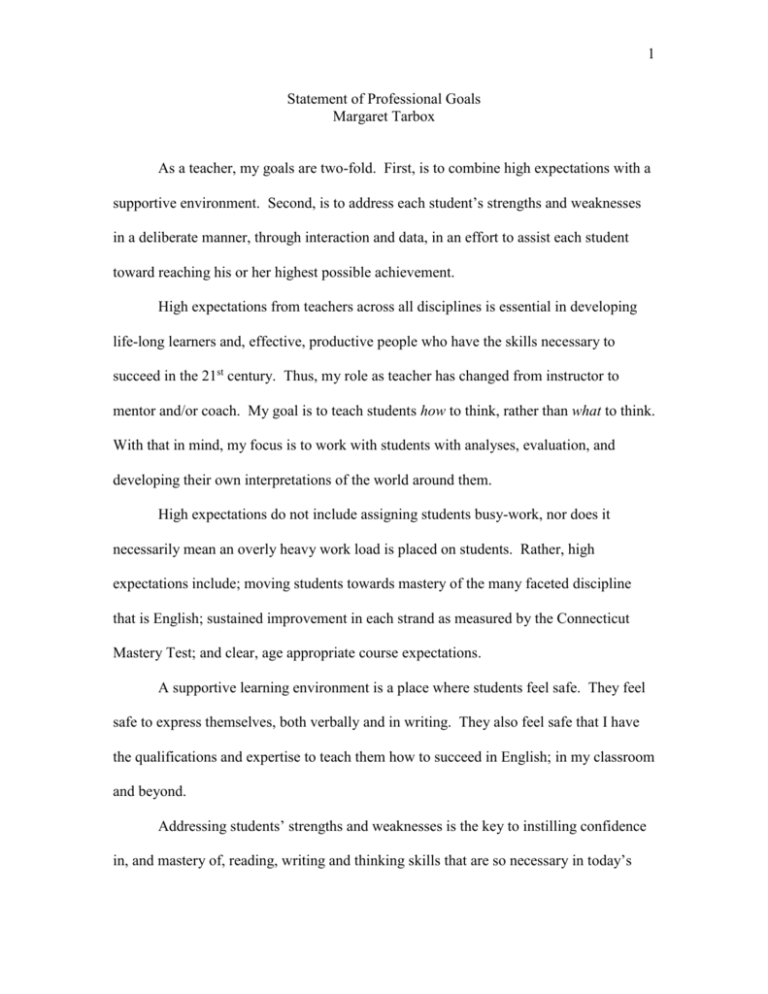
1 Statement of Professional Goals Margaret Tarbox As a teacher, my goals are two-fold. First, is to combine high expectations with a supportive environment. Second, is to address each student’s strengths and weaknesses in a deliberate manner, through interaction and data, in an effort to assist each student toward reaching his or her highest possible achievement. High expectations from teachers across all disciplines is essential in developing life-long learners and, effective, productive people who have the skills necessary to succeed in the 21st century. Thus, my role as teacher has changed from instructor to mentor and/or coach. My goal is to teach students how to think, rather than what to think. With that in mind, my focus is to work with students with analyses, evaluation, and developing their own interpretations of the world around them. High expectations do not include assigning students busy-work, nor does it necessarily mean an overly heavy work load is placed on students. Rather, high expectations include; moving students towards mastery of the many faceted discipline that is English; sustained improvement in each strand as measured by the Connecticut Mastery Test; and clear, age appropriate course expectations. A supportive learning environment is a place where students feel safe. They feel safe to express themselves, both verbally and in writing. They also feel safe that I have the qualifications and expertise to teach them how to succeed in English; in my classroom and beyond. Addressing students’ strengths and weaknesses is the key to instilling confidence in, and mastery of, reading, writing and thinking skills that are so necessary in today’s 2 world. By effectively identifying, and working with, my students’ strengths and weaknesses I move them forward to becoming reflective, thoughtful citizens of the 21st century. In order to effectively teach needed skills I must first analyze standardized test data; pre and post test data, know my students and continue to grow as a learner even as they are growing as learners. Without effective analysis of all types of data, teaching can be very hit or miss in regards to student needs. As a person who admittedly knows that when she does not know; she should learn and read; I make every effort to instill the same quality in my students. By admitting when I do not know something, I am telling my students that it is all right not to know, but it is not all right to remain ignorant. I believe that this goes a long way toward empowering students to search for; seek out; and create knowledge from their own life experience and perspective.
